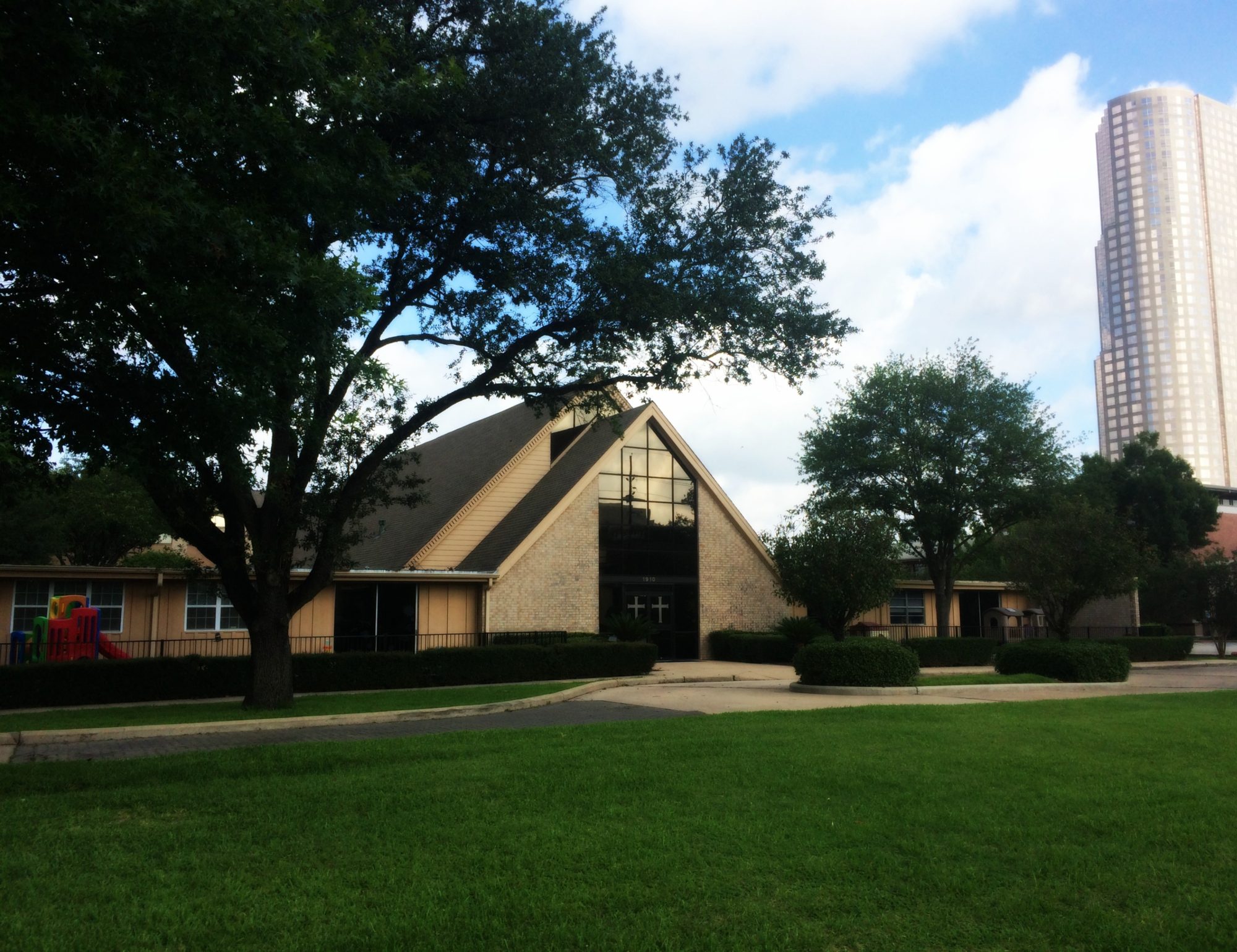
Reading: Mark 6
From Lent for Everyone by N.T. Wright
Jesus told us to leave at once. The last thing we saw was him heading up into the hills. Probably off to pray again, he’s always doing that, wish I knew what he said. Then we realized: night was on the way. And there we were, between the black sky and the black waters, everybody tired, almost forgetting the ridiculous things we’d just seen, everybody longing for sleep, and – what was that? Did you see something? It’s – no, it can’t be! It must be a ghost!
And then the voice. So calm, so natural. Almost as though he was teasing us. Here are we, dropping the oars in fright, and there was he, as though he was out for an afternoon stroll, going to walk right by us. I’ve lived by this lake all my life and this is the first time I’ve ever seen anyone walking on it. What’s going on?
But now he’s speaking again, and this time I sense that he’s looking straight at me. ‘Don’t be afraid.’ Well, why not, I thought…and then it happened. Like it sometimes does when he speaks to you. Like a cold drink on a hot day. ‘Don’t be afraid.’ He says that quite a lot, and it rings bells with things I’ve heard in synagogue. In the scriptures. Angels say it to people. God says it sometimes, too. Now he’s saying it.
It was all a bit too much. I simply couldn’t put it all together. The healings, the parties, those lawyers getting stroppy with him, then his cousin being killed, then that business with the loaves, and now this. Maybe we are all crazy. Maybe we’re all going to die if we follow him. But I’ve never known anybody like him and nor has anybody I know. And when we all went off to his cousin, down by the Jordan, John seemed pretty clear that Jesus was the one.
I always had a picture in my mind of what the ideal king would look like, and though Jesus isn’t at all like that, Herod certainly isn’t and could never be. And in fact I have a sense that Jesus is trying to be a different sort of king … and it’s very appealing, his sort of kingdom, even though I still don’t see how it all works out. Perhaps this is how it’s always going to be, for anyone who wants to follow Jesus, now or at any time. Perhaps what he wants from us is not that we should be able to explain it all but that we should just be clear we’re going to go on following him. I may not always understand it first time off, but I’ll still show up. Or my name’s not Thomas Didymus.

